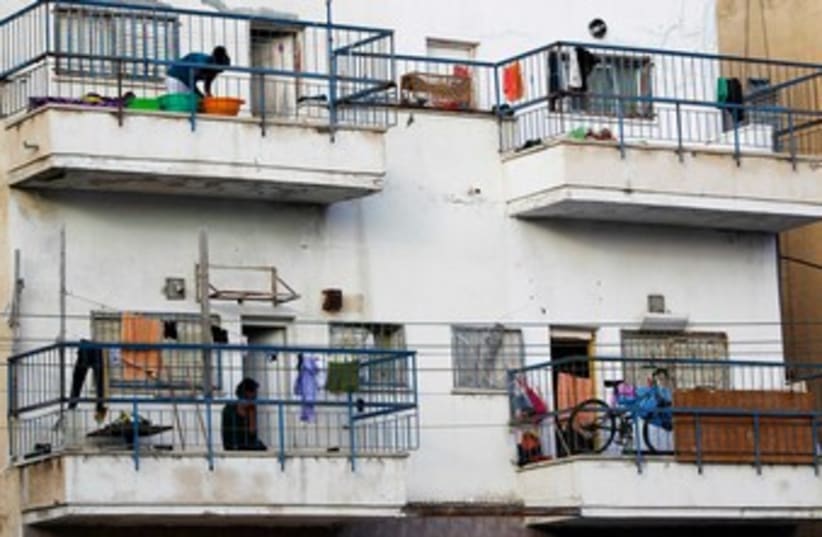Knesset panel's emergency meet questions bombshell court ruling on migrants
Right, left call for illegal migrants to be dispersed around Israel; Likud MK Regev: How did Knesset, ministerial legal advisers approve law that was found to be unconstitutional?
